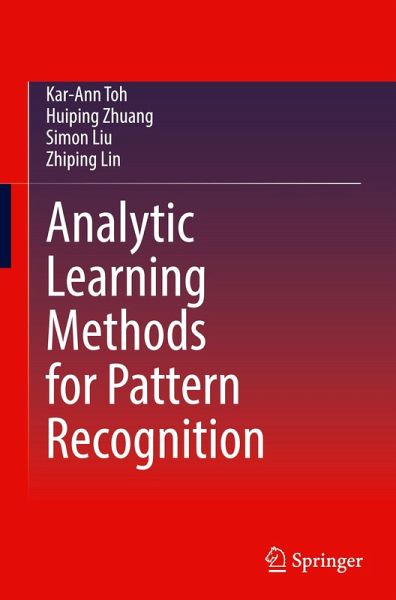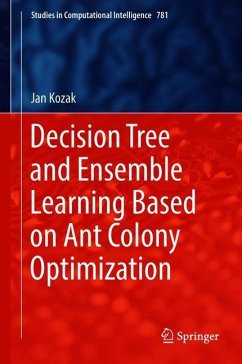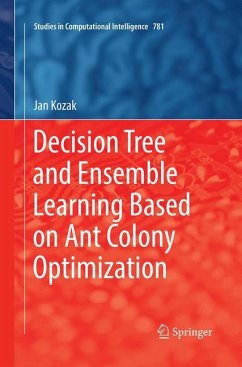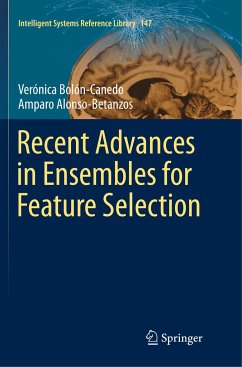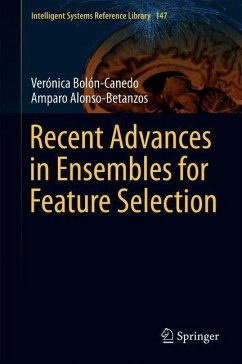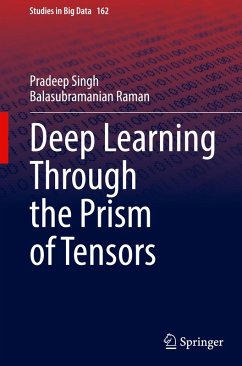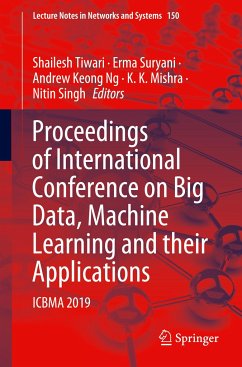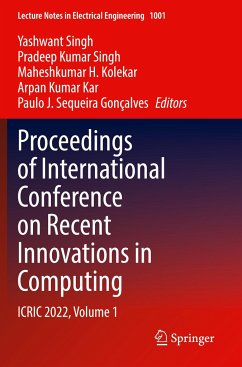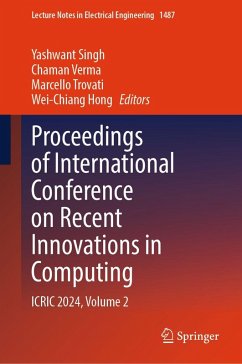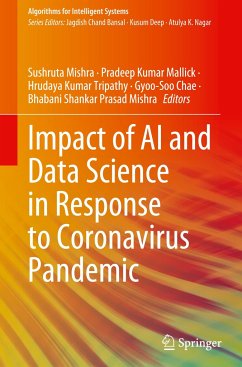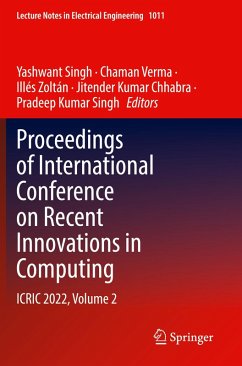Kar-Ann Toh is a Professor in the School of Electrical and Electronic Engineering at Yonsei University, South Korea. He received the PhD degree from Nanyang Technological University (NTU), Singapore in 1999. Since then, he worked for two years in the aerospace industry prior to his postdoctoral appointments at research centers in NTU from 1998 to 2002. He was affiliated with the Institute for Infocomm Research in Singapore from 2002 to 2005 prior to his current appointment in Korea. During his sabbatical year in 2020, he worked with the Department of Electrical and Computer Engineering, National University of Singapore (ECE-NUS) as a Visiting Professor. His research interests include pattern classification, machine learning, neural networks and biometrics. He is serving/has served as an Associate Editor of several international journals including IEEE Transactions on Biometrics, Behavior and Identity Science, IEEE Transactions on Information Forensics and Security, Journal of Franklin Institute, Pattern Recognition Letters, and IET Biometrics. Huiping Zhuang is an Associate Professor in Shien -Ming Wu School of Intelligent Engineering, South China University of Technology. He received the B.S. degree and M.Eng. degree from South China University of Technology, China, in 2014 and 2017, respectively. He obtained the Ph.D. degree with the School of Electrical and Electronic Engineering, Nanyang Technological University, Singapore, in 2021. He served as a special issue editor for the Journal of Franklin Institute (JCRQ1), co-chair of the international conference WSPML2023. He has published over 35 papers, including those in ICML, NeurIPS, CVPR, AAAI, IEEE Trans NNLS, IEEE Trans SMC-S, IEEE Trans CSVT, IEEE Trans MM, etc. He has tought several undergraduate and graduate courses including artificial intelligence course design, deep learning, and human-computer interaction. Simon Liu is a seasoned professional in the fields of data science and risk management, currently serving as Senior Vice President and Head of Data Science for payments at Lazada. Besides his role at Lazada, he serves as a part-time lecturer at Nanyang Technological University (NTU), where he teaches AI and machine learning in the School of Electrical and Electronic Engineering. Before joining Lazada, he enjoyed a successful career at Scotiabank in Canada, advancing through various data science positions and ultimately serving as Director in AML Modelling and Analytics. Dr. Liu is deeply involved in the academic community, driven by a passion for mentoring and nurturing the next generation of talent. He collaborated with the University of Toronto to organize and lead the Big Data & AI Case Competition from 2020 to 2022, where he served as the head judge. Dr. Liu has also provided guidance as an industry advisor to several Master's and Ph.D. students in Canada and is currently advising a Ph.D. student from NTU as part of the collaborative Alibaba-NTU program. Dr. Liu holds a Ph.D. in Electrical and Computer Engineering from the University of Toronto. He also earned two Bachelor's degrees in Mathematics and Electrical and Computer Engineering, as well as two Master's degrees in the same fields, all from the University of Toronto. Zhiping Lin received B.Eng degree in control and automation from South China Institute of Technology, Guangzhou, China, Ph.D. degree in information engineering from the University of Cambridge, UK, in 1987. Since 1999, he has
